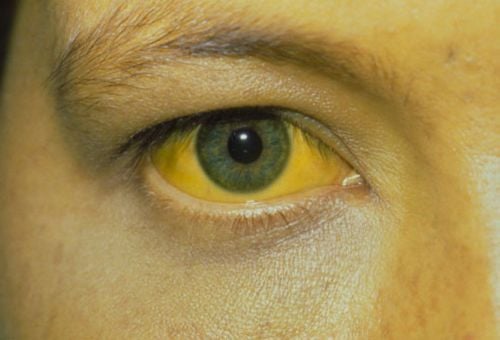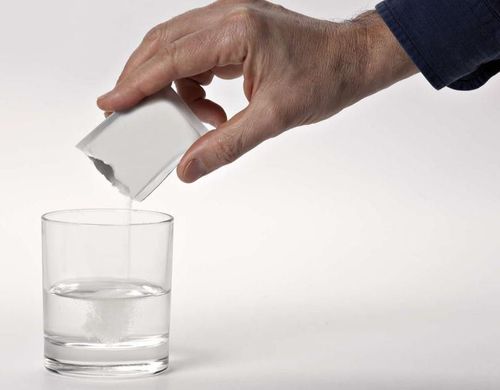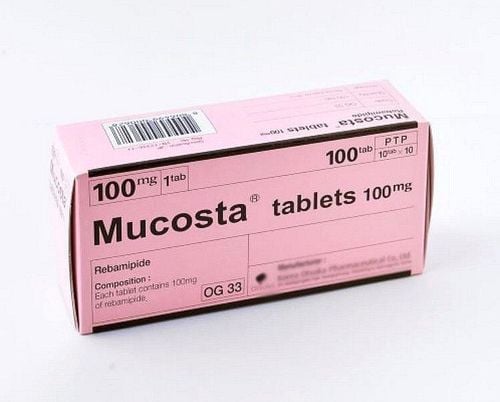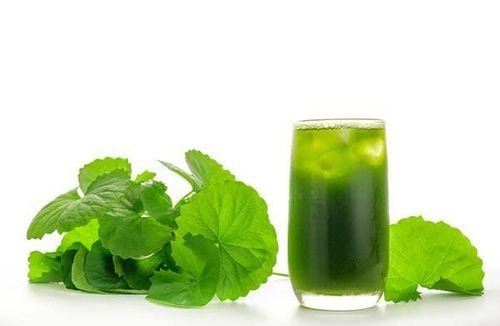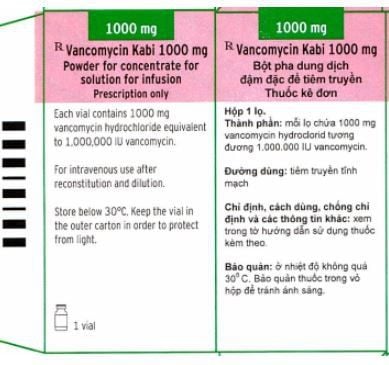This is an automatically translated article.
The article was professionally consulted by a doctor from the Department of Medical Examination & Internal Medicine - Vinmec Danang International General Hospital.Viruses and bacteria are the main causes of digestive disorders and diarrhea. In addition, digestive disorders after taking antibiotics are also very common, especially in young children. This is an undesirable side effect and may resolve on its own after a few days of stopping antibiotics.
1. Causes of digestive disorders after taking antibiotics
The gut always contains a lot of beneficial bacteria with many different species. Normally, these bacteria always maintain a balance to ensure the body's digestive process, help absorb nutrients, eliminate waste and toxic substances, and prevent disease-causing bacteria in the body. intestinal tract. Meanwhile, antibiotics are extremely powerful drugs, even when using antibiotics at the lowest concentration can kill and inhibit the growth of bacteria. Benign bacteria in the intestines are also affected by antibiotics, especially when the patient takes high doses of antibiotics, taking antibiotics for a long time. The balance in the intestinal tract is therefore disrupted, promoting pathogenic bacteria that are already hidden in the digestive system and new bacteria entering, leading to digestive disorders after taking antibiotics.There are many different groups of antibiotics. Each group has its own brand of drugs. These brand-name drugs can cause an imbalance of bacteria in the gut. If you want to use an antibiotic, you need to know what group it belongs to and know how much of an effect that antibiotic has. Some antibiotics easily cause digestive disorders such as ampicillin, cephalosporins, clindamycin, erythromycin...
2. Symptoms of digestive disorders caused by antibiotics
Most cases of antibiotic-associated digestive disorders have a very mild course. Most patients will have bowel movements, loose stools, and bowel movements many times a day. It is very rare that the patient has a fever. These symptoms will quickly disappear immediately after stopping antibiotics or about 1-2 days after stopping antibiotics.If the patient has a bowel movement accompanied by fever, vomiting or abdominal pain, the degree of diarrhea is getting worse, it is likely that the digestive disorder is caused by an infection. It is necessary to distinguish these two cases in order to take action when necessary.
Children who are immunocompromised, malnourished, have comorbidities when taking antibiotics for many days, high doses of antibiotics can lead to more severe digestive disorders, called pseudomembranous colitis. At that time, the child will have symptoms: diarrhea, watery stools, bloody stools, abdominal pain, nausea, vomiting, fever. If the child develops pseudomembranous colitis after taking antibiotics, the child should be taken to the hospital for treatment.
3. What to do when having digestive disorders after taking antibiotics?

Trường hợp rối loạn tiêu hóa nhẹ các triệu chứng sẽ tự hết sau khi ngưng dùng kháng sinh
In case of mild digestive disorders, the symptoms will go away on their own after stopping taking antibiotics In case of severe digestive disorders, more preparations are needed. microorganisms that contain beneficial bacteria for the gut to rebalance intestinal bacteria Can visit a doctor for advice and change the appropriate antibiotic. Give the patient a lot of fruit, drink a lot of water, make up water with oresol solution. For young children, it is necessary to increase milk intake to rehydrate. Attention to diet: Eat liquid, soft, easy-to-digest food but still have to be full of nutrients
Please dial HOTLINE for more information or register for an appointment HERE. Download MyVinmec app to make appointments faster and to manage your bookings easily.




